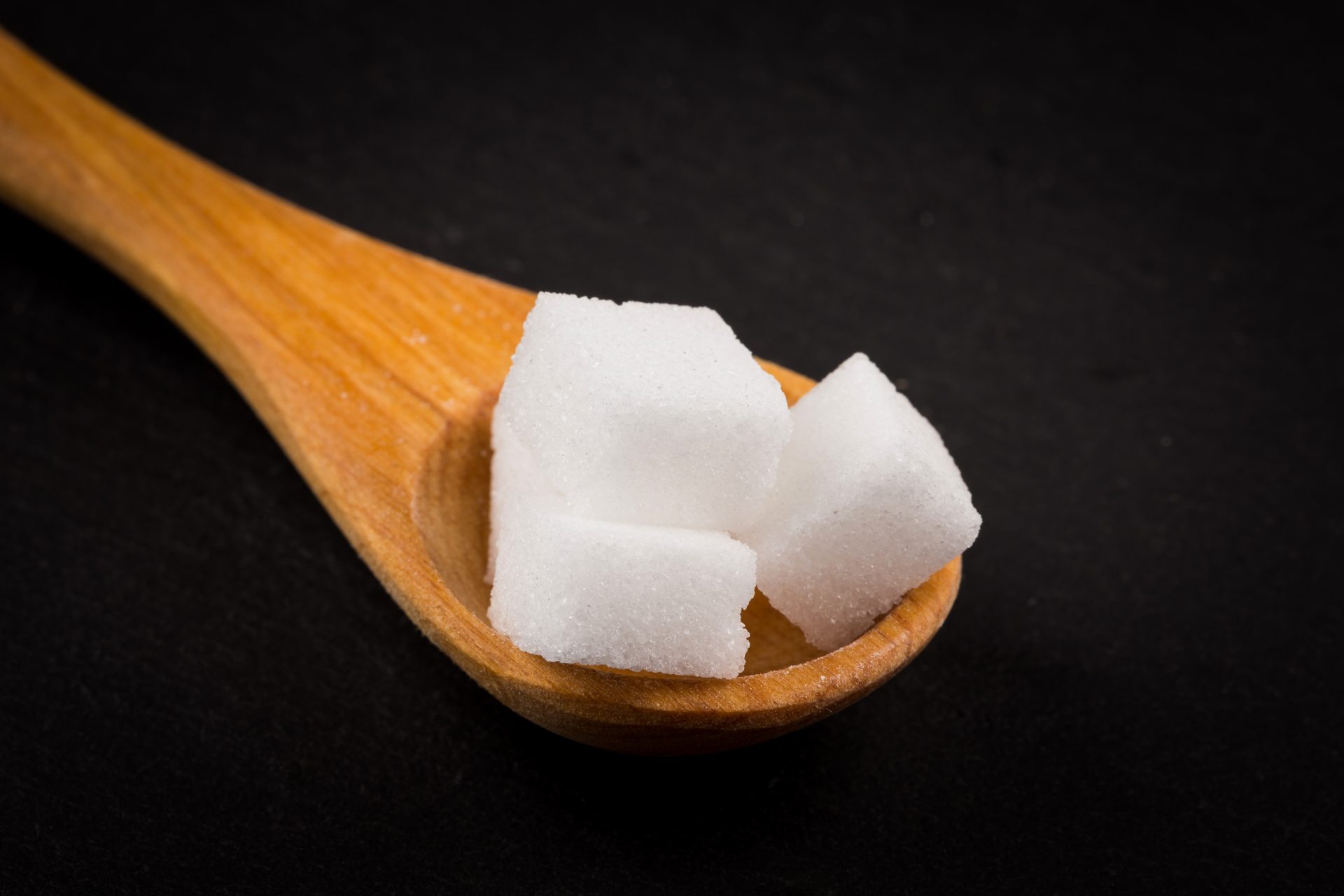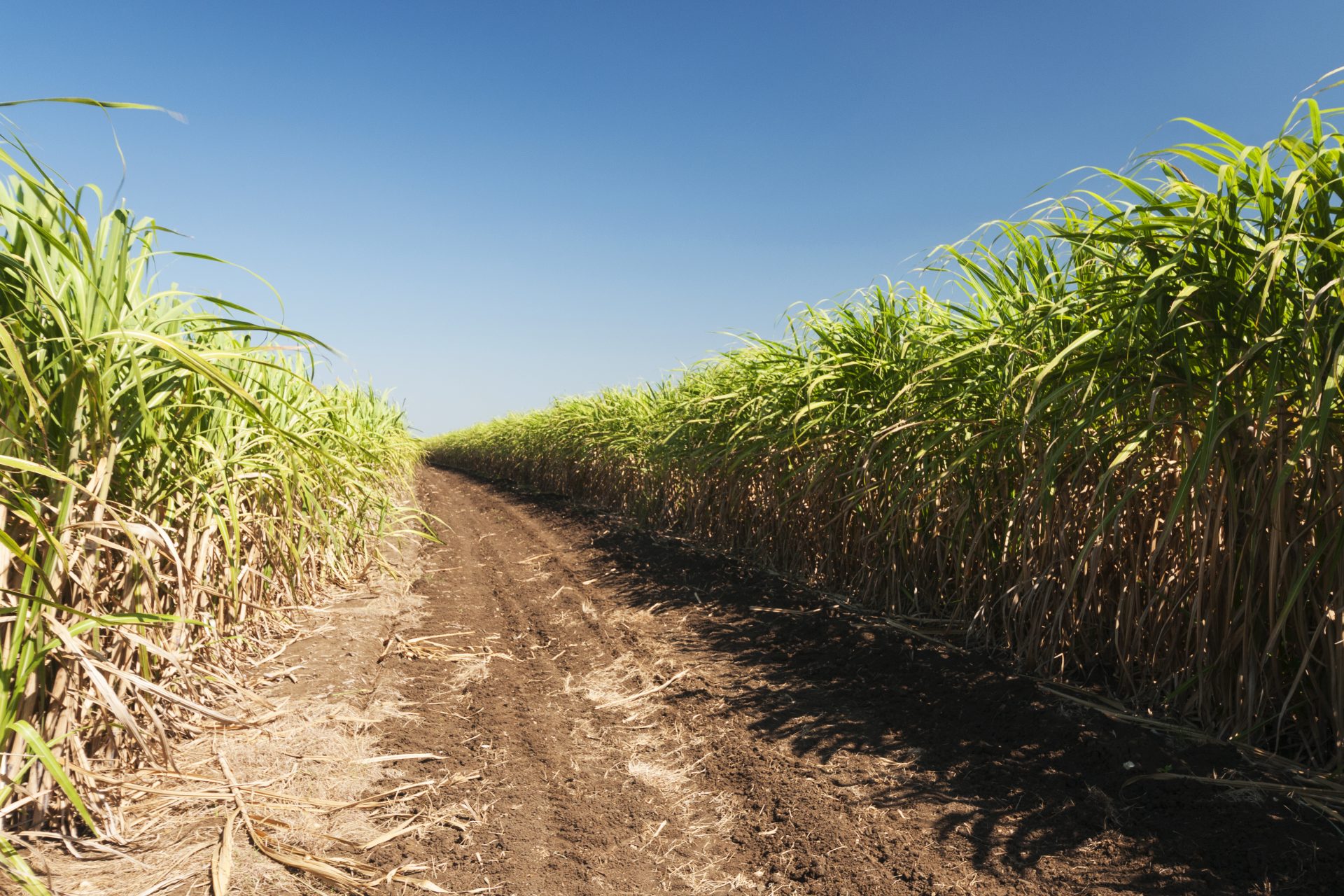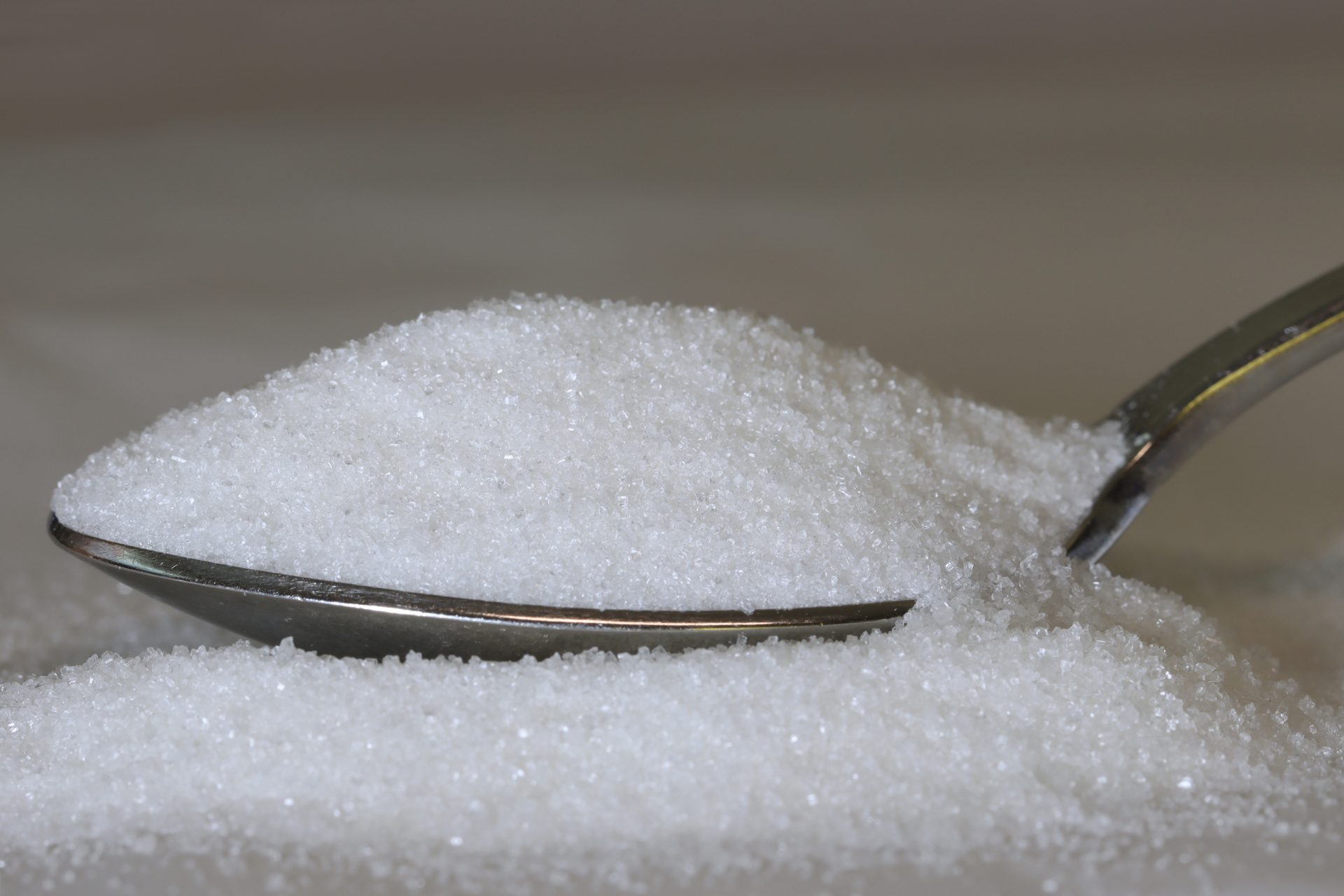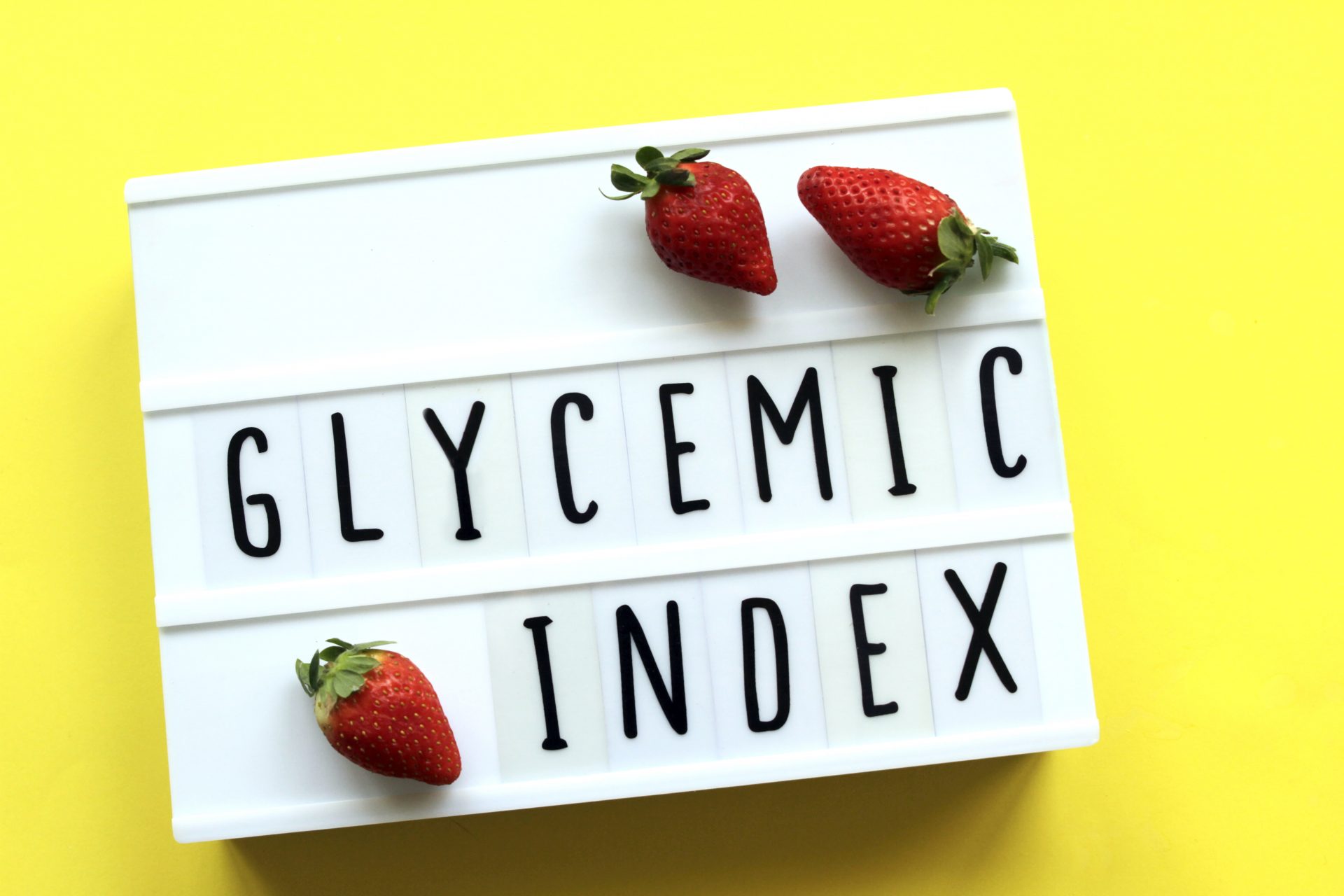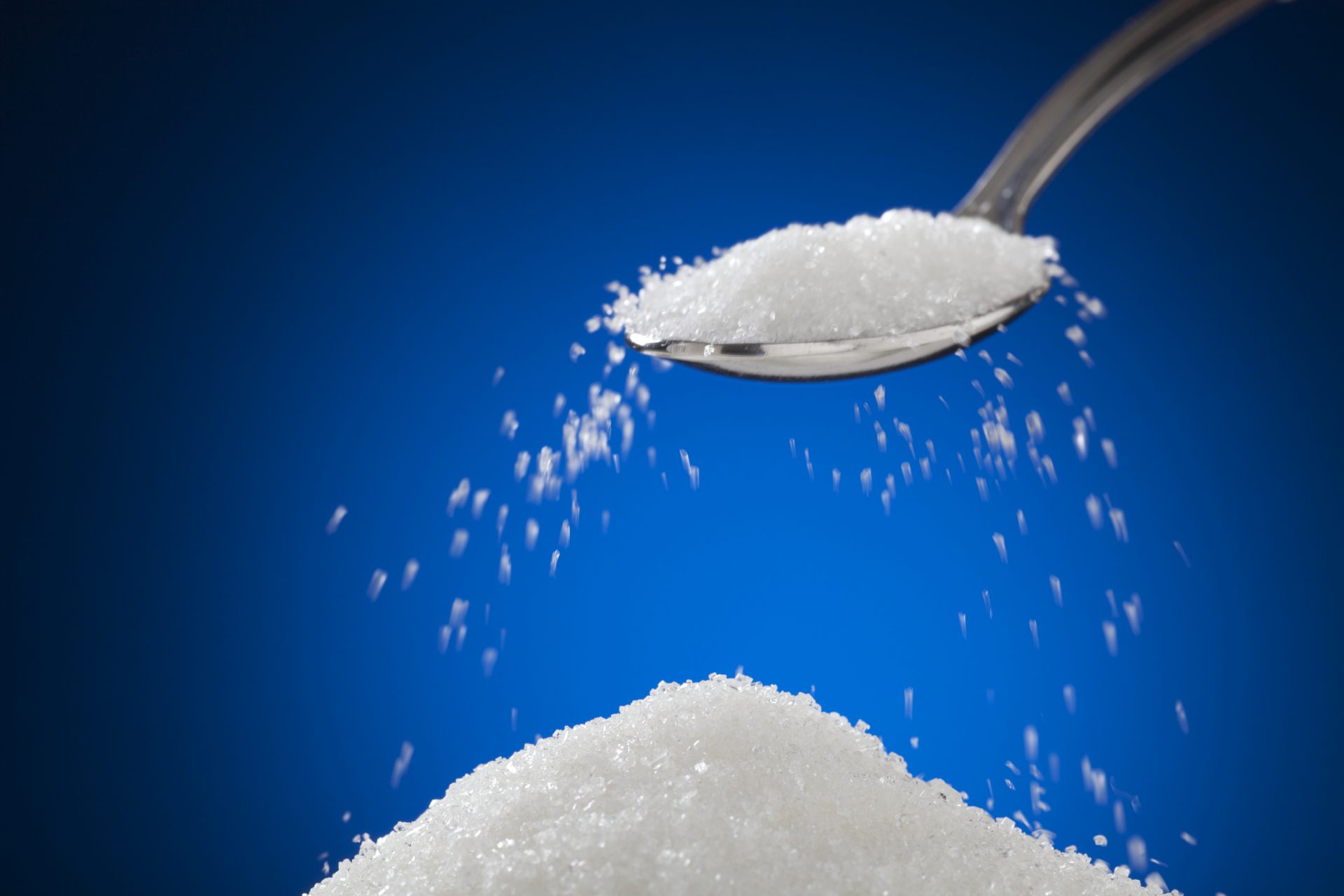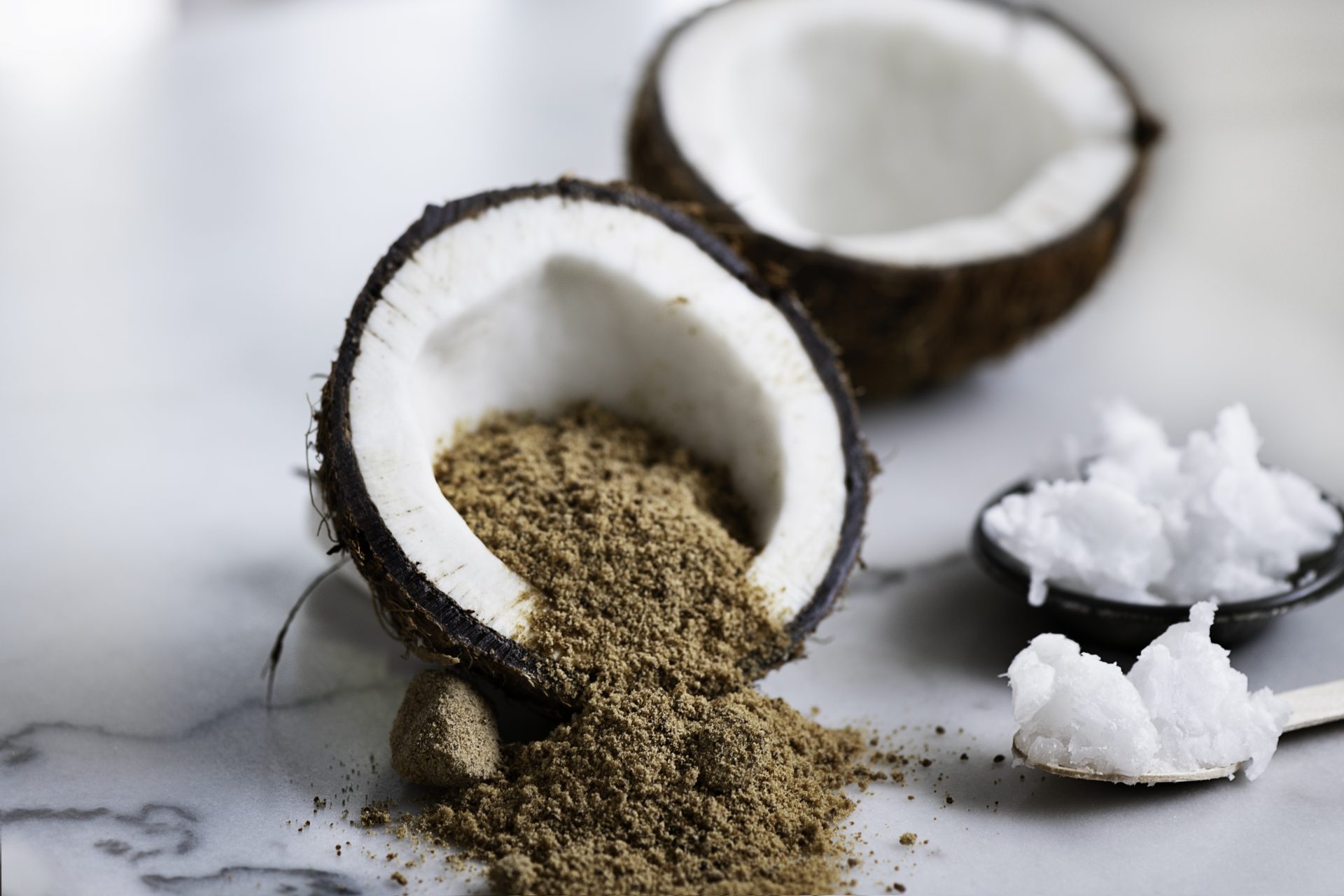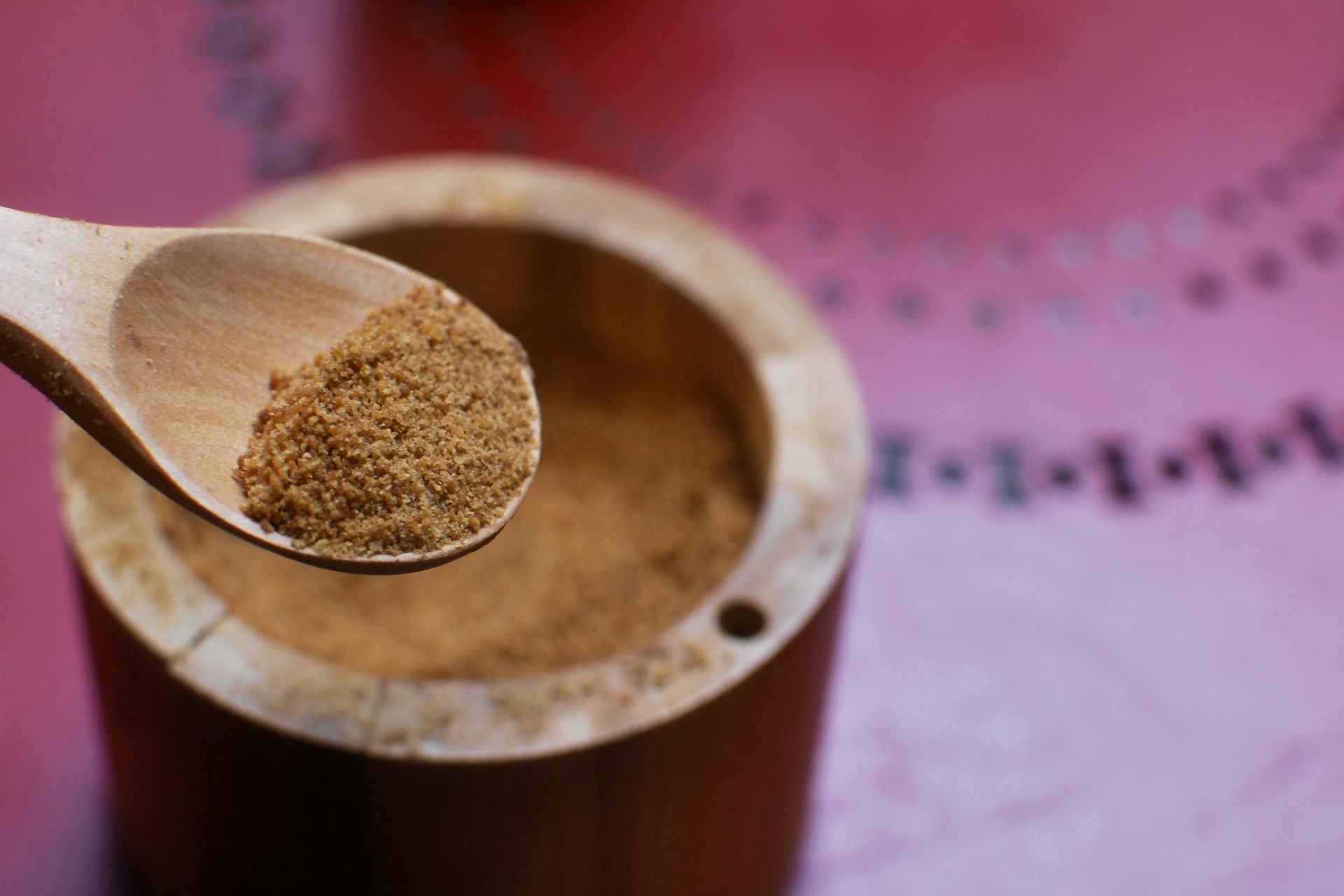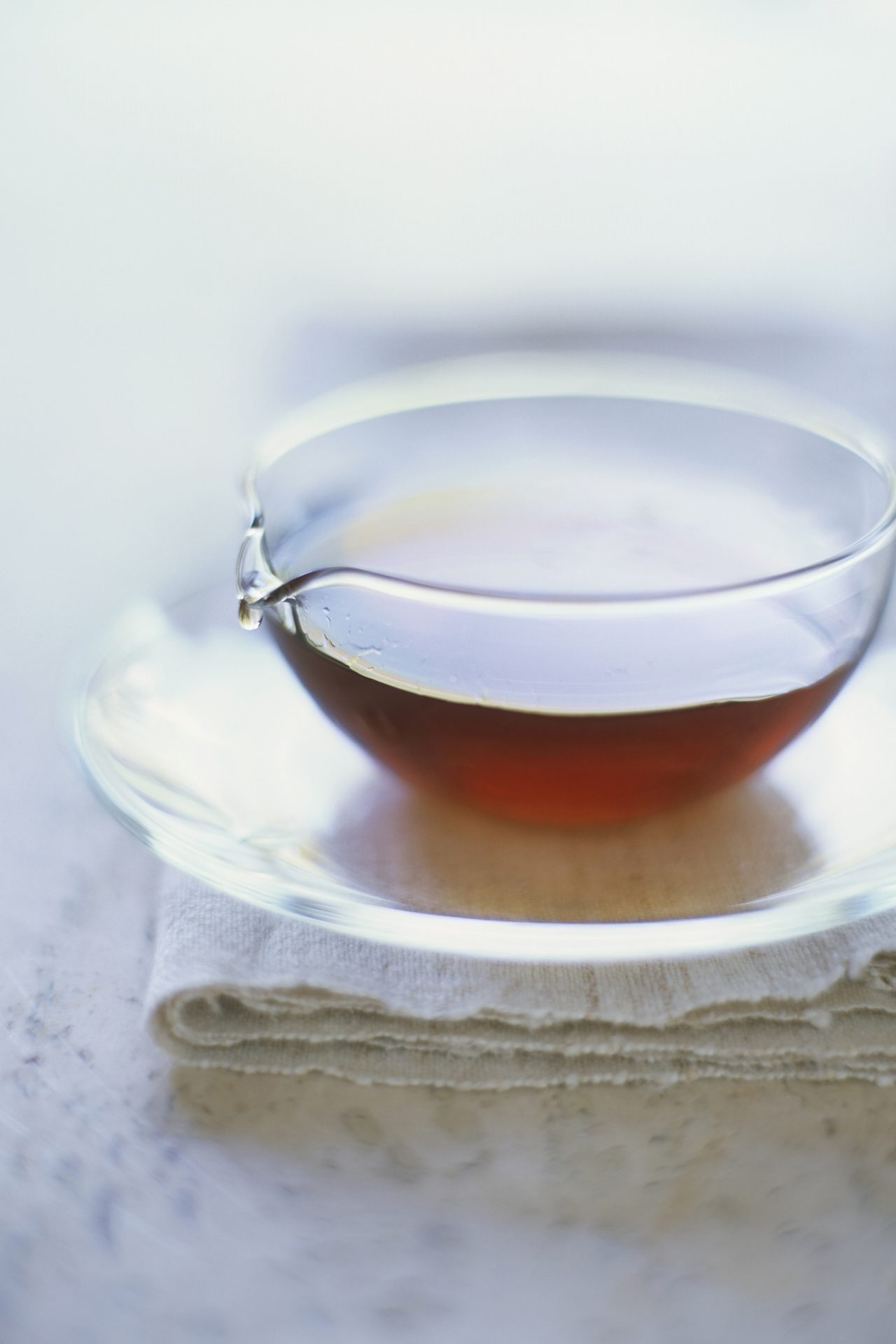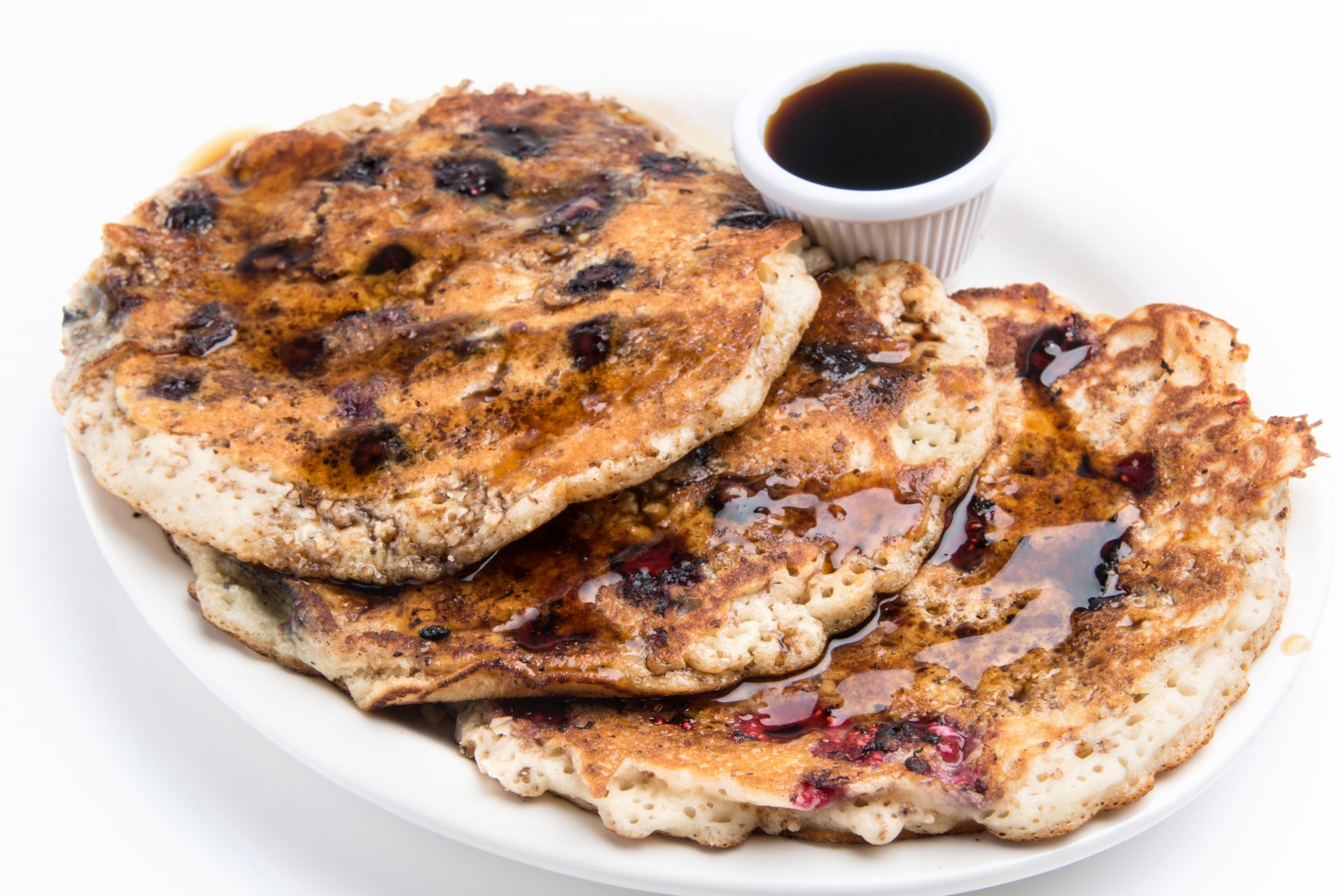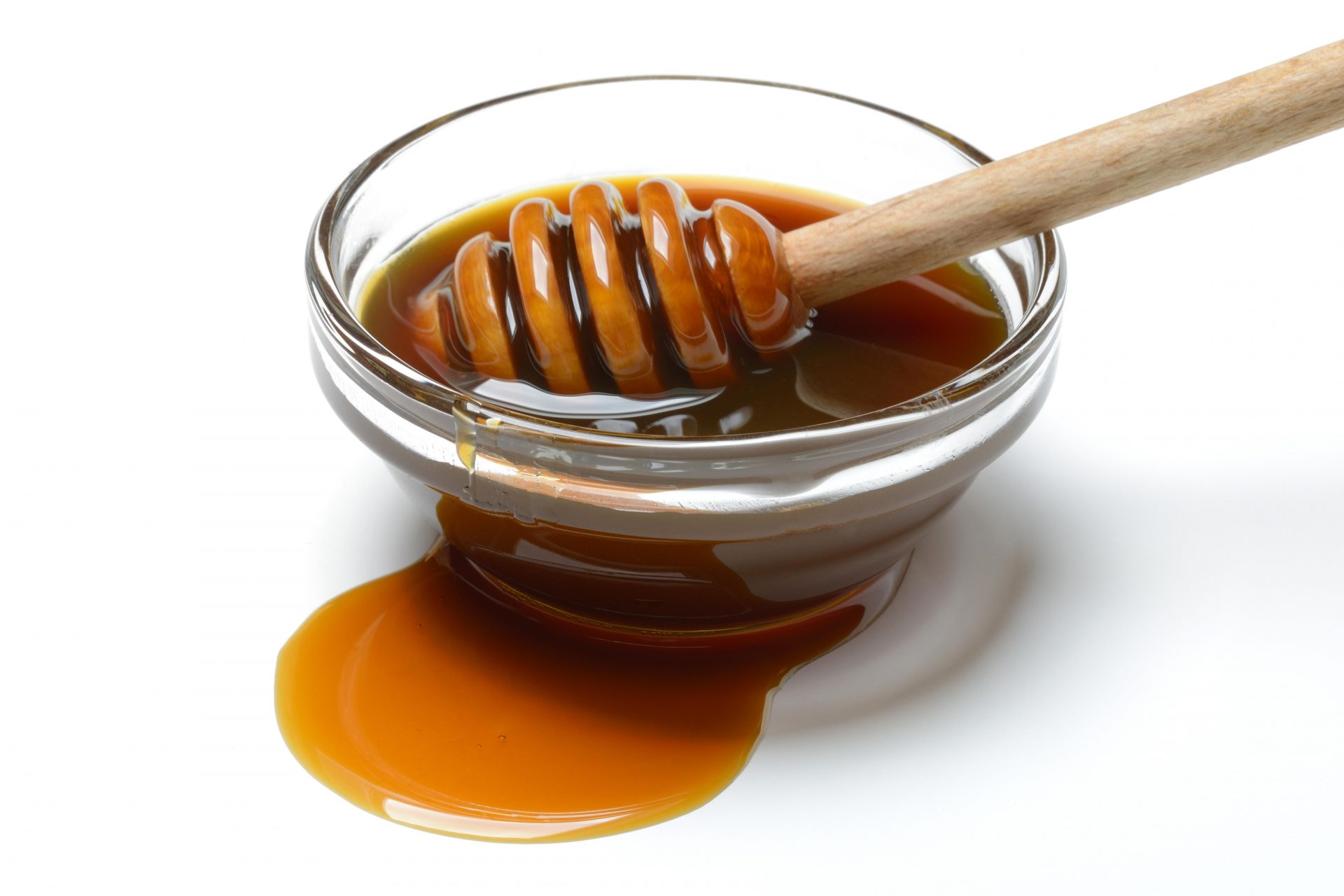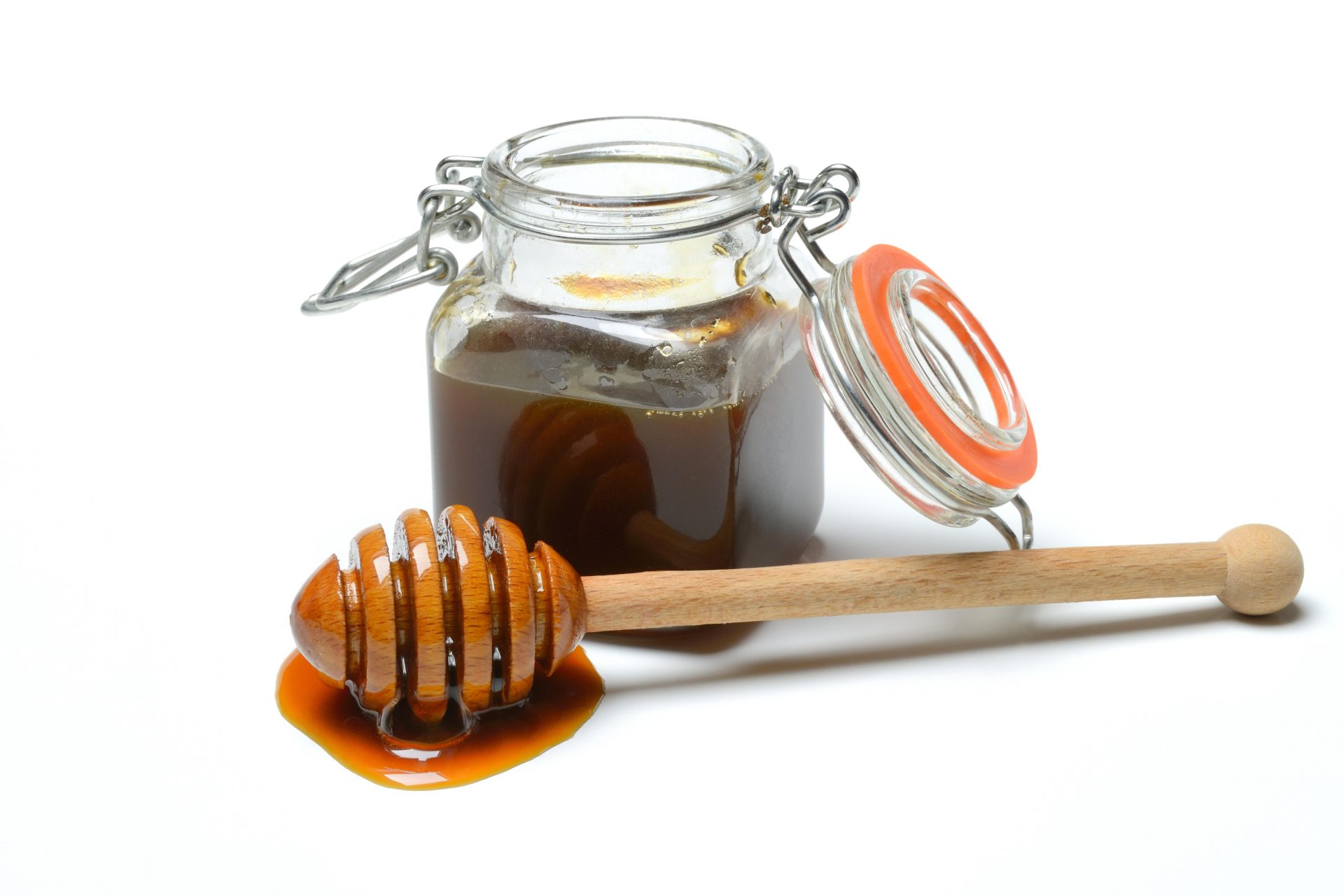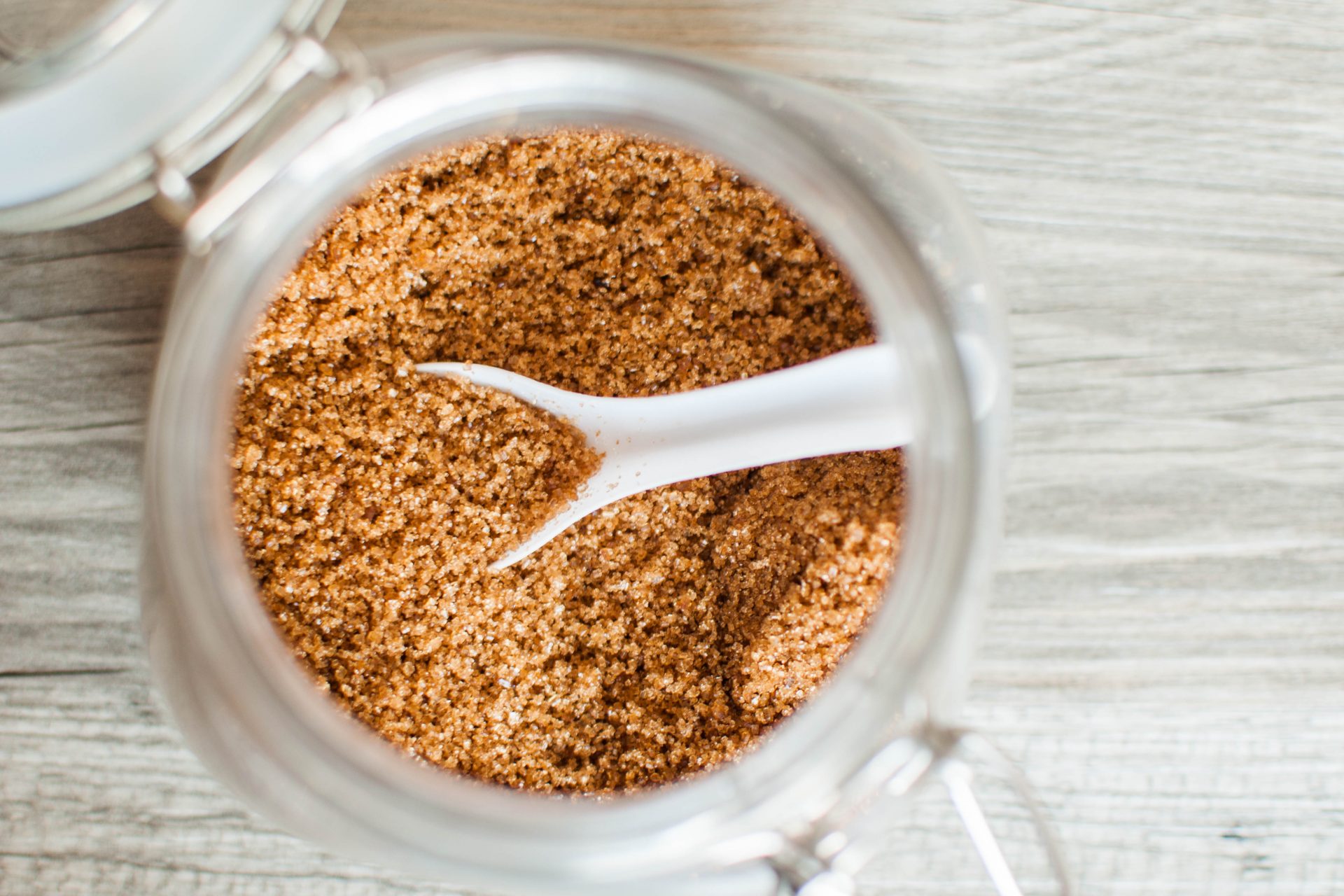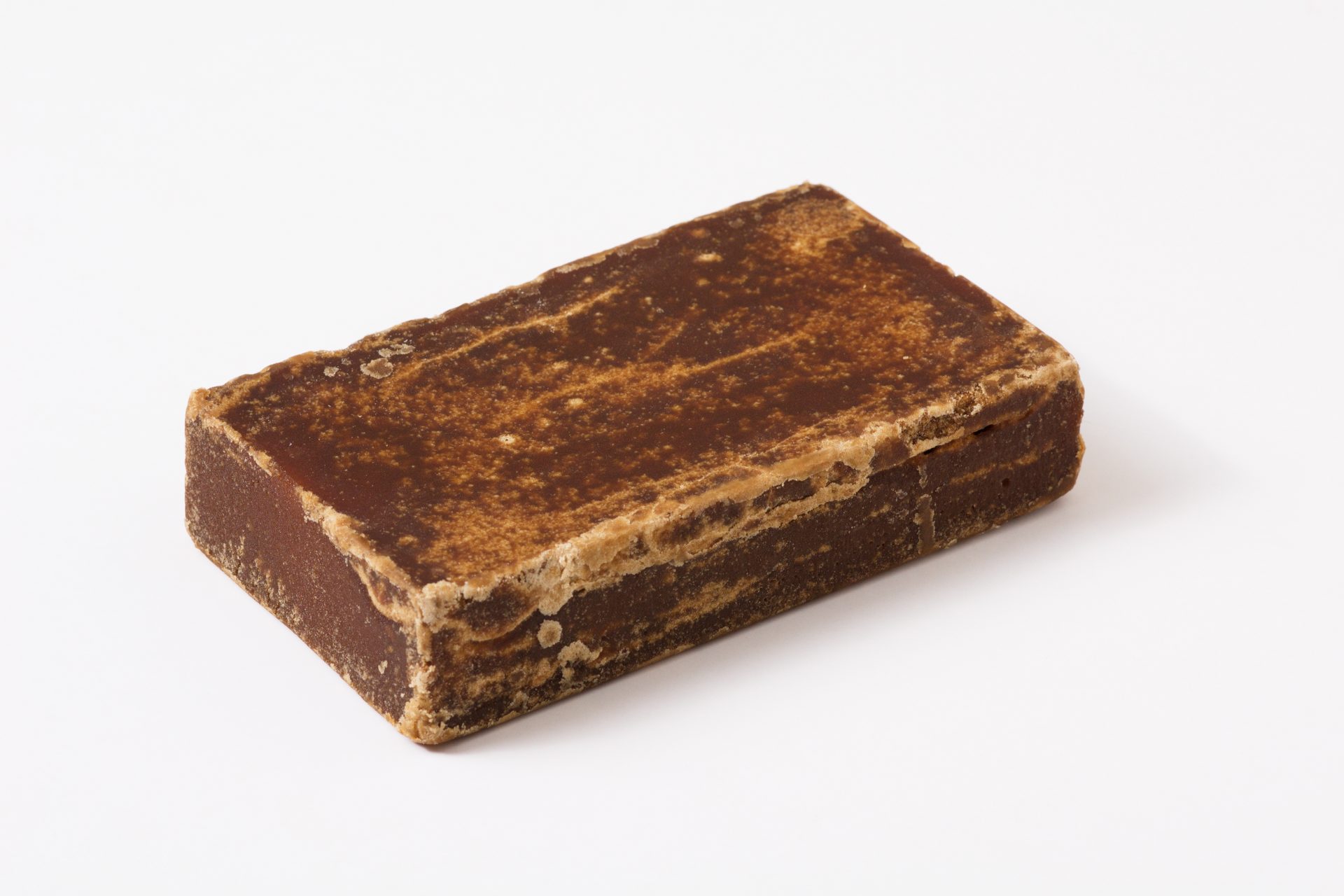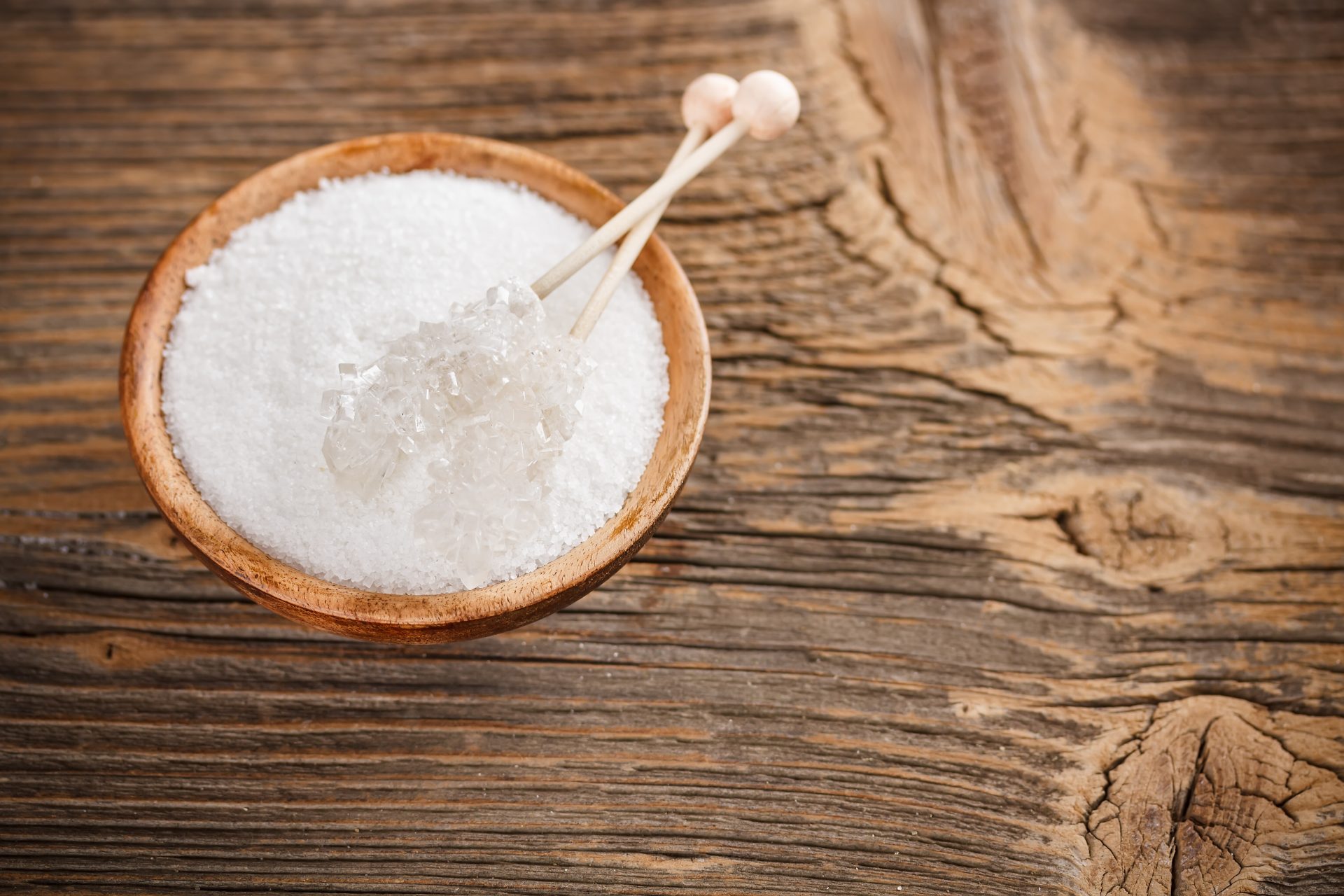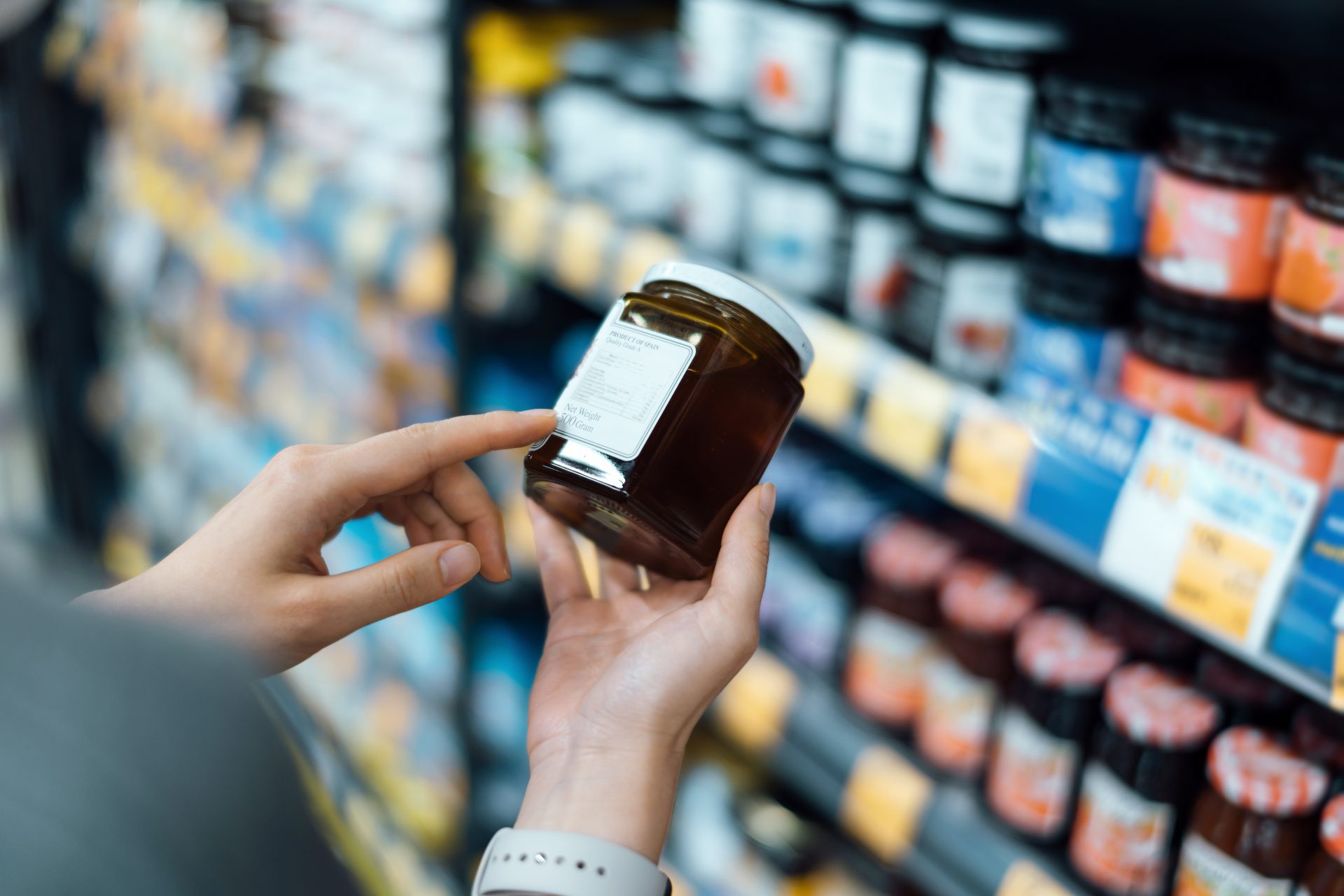Replace white sugar with these natural alternatives: they're just as sweet
White sugar, or "table sugar," also known as sucrose, is traditionally used in cooking and baking. Its sweet taste has been part of our lives since childhood. However, as we all should know by now, white sugar is bad for our health!
White sugar mainly comes from two sources: sugar cane and sugar beet. Cane sugar is naturally brown and undergoes a refining process where it's separated from its molasses—a dark brown residue rich in vitamins and minerals—to become fine and white. On the other hand, beet sugar is naturally white and does not undergo refining, but still lacking micronutrients.
According to Angélique Houlbert, a French dietitian and nutritionist cited by Top Santé magazine, white sugar has no benefits for our bodies. "It lacks vitamins, minerals, fibers, and antioxidants and contains four calories per gram," she explains. "A sugar cube contains 24 calories but no interesting nutritional elements. These are called empty calories."
The glycemic index (GI) is a scale that ranks carbohydrate-containing foods based on their effect on blood sugar levels after consumption. It specifically measures how quickly a food raises blood glucose levels. Generally, white sugar has a glycemic index between 65 and 70, classifying it as a high glycemic index food.
When consumed in excess, white sugar can negatively impact your health. It increases the risk of diabetes, cardiovascular diseases, dental cavities, and promotes weight gain.
Looking for a healthier alternative to white sugar? Check out the following natural options to sweeten your tea, coffee, or pancakes without the guilt (or at least not as much)!
Naturally produced by bees from flower nectar, honey is composed of fructose (40%), glucose (30%), water, and minerals (iron, calcium, potassium, and magnesium). It also has antibacterial properties. Moreover, it has a sweetening power 1.3 times greater than white sugar, so you consume less of it!
As noted by the BBC, honey has a medium to high glycemic index ranging from 45 to 64, depending on the type. Additionally, the darker the honey, the stronger the flavor.
Coconut sugar is made from the sap of coconut palm flowers. With a moderate glycemic index (between 35 and 55), its main appeal lies in its nutritional qualities: vitamin C, iron, magnesium, and potassium.
Photo: Pea / Unsplash
Another option considered healthier than white sugar is agave syrup. It comes from the juice of various agave plants, which are succulents that grow in Mexico.
Agave syrup is primarily composed of fructose, which raises blood sugar levels more slowly than sucrose, making it popular among athletes. Its glycemic index is 15. It’s also rich in minerals like iron, calcium, and potassium.
Maple syrup is made from sap that’s harvested and then boiled down. This process retains its amino acids, organic acids, vitamins, and minerals (iron, calcium, and manganese). Although its GI is high (55), its flavor is much stronger than white sugar, allowing for reduced overall consumption.
Photo : Kobby Mendez / Unsplash
Originating from Latin America, yacon is a tuber also known as "earth apple" for its naturally sweet taste. Yacon syrup has an extremely low glycemic index (1), making it a perfect substitute for white sugar. "This advantage comes from its high fiber content, which slows down sugar absorption in the intestine," explained French gastroenterologist William Berrebi in Le Parisien.
"Most of these fibers are fructooligosaccharides, which resist our digestive enzymes. They reach the colon intact, where they fuel beneficial gut bacteria, reducing the risk of chronic inflammation and colorectal cancer," he added.
Whole sugar isn’t the best alternative to white sugar, as its glycemic index is also high, but it is less processed. Since it hasn’t undergone refining, whole sugar retains its molasses and nutritional elements. This includes unrefined cane sugar, raw or whole.
Among whole sugars, there’s rapadura (also called panela) from Latin America, galabé, an artisanal sugar from Réunion Island, and muscovado sugar from the Philippines and Mauritius.
Xylitol is a sweetener derived from birch bark. With a low glycemic index (7), its sweetening power is much greater than white sugar, making it an excellent alternative. It also has benefits for dental hygiene (preventing cavities, stimulating saliva production), which is why it’s often found in toothpaste and chewing gums.
Whether it’s a white sugar alternative or not, sweeteners in any form can negatively impact your health. It’s important to limit your sugar intake. If you develop a sugar addiction, seek help from a doctor or addiction specialist. It's a real thing!

